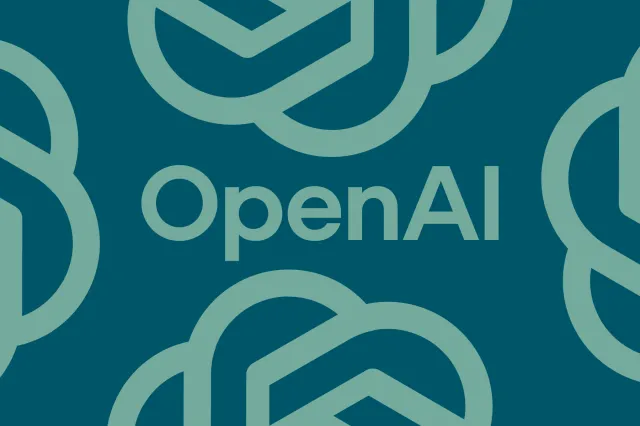‘Elon’s nonstop actions against us are just bad-faith tactics to slow down OpenAI.’
In a bold legal move, OpenAI has filed a countersuit against tech billionaire Elon Musk, accusing him of waging a persistent campaign of disruption and manipulation aimed at taking over the company and steering its mission toward personal gain.
The AI research company, known for pioneering groundbreaking work in artificial intelligence, announced the countersuit on Wednesday via a post on X (formerly Twitter), stating:
“Elon’s nonstop actions against us are just bad-faith tactics to slow down OpenAI and seize control of the leading AI innovations for his personal benefit.”
The Legal Battle: From Founding Partner to Adversary
Musk, one of the original co-founders of OpenAI, has had a complicated relationship with the company in recent years. In early 2024, he launched a lawsuit claiming that OpenAI had strayed from its original non-profit mission to develop artificial general intelligence (AGI) for the benefit of humanity. He accused the company of shifting its focus toward profit-driven motives, aligning too closely with corporate interests—especially through its partnership with Microsoft.
However, legal experts widely criticized Musk’s original suit. Nilay Patel, editor-in-chief of The Verge, described it as “hilariously bad” and legally flimsy. Musk withdrew that lawsuit in June, only to launch another one in August.
Then in December, OpenAI published a detailed blog post titled “Elon Musk wanted an OpenAI for-profit,” revealing internal emails and discussions that appeared to contradict Musk’s public stance. According to the blog post, Musk had previously pushed for OpenAI to become a for-profit entity under his leadership—a claim OpenAI backed with concrete documentation.
The Sham Takeover: A $97.4 Billion Offer Rejected
The drama reached new heights earlier this year when Musk made a staggering $97.4 billion offer to acquire OpenAI. In his statement, Musk framed the bid as an effort to bring the company “back to its roots” as an open-source, safety-driven organization. But OpenAI’s board of directors wasn’t buying it.
The board unanimously rejected the offer, calling it a “sham bid” in the countersuit filed this week. According to OpenAI’s legal team, the takeover offer was nothing more than a strategic ploy designed to destabilize the company and cast doubt on its leadership and direction.
“Musk’s continued attacks on OpenAI, culminating most recently in the fake takeover bid designed to disrupt OpenAI’s future, must cease,” the lawsuit reads. “Musk should be enjoined from further unlawful and unfair action, and held responsible for the damage he has already caused.”
OpenAI’s Mission vs. Musk’s Vision
At the heart of this legal clash lies a philosophical divide over the future of AI. OpenAI maintains that its current structure—where a capped-profit subsidiary funds its non-profit research arm—is essential for scaling and safely developing AGI. The company argues that this hybrid model allows it to attract top talent and secure the computing resources required to stay competitive in a rapidly advancing field.
Musk, however, insists that OpenAI has become a closed-door corporation driven more by profit and prestige than by its original mission of ensuring AI benefits humanity. This ideological battle has now spilled into courtrooms, press releases, and public forums—fueling a dramatic showdown between two AI powerhouses.
Looking Ahead: A Court Date on the Horizon
The legal battle is far from over. The case is currently scheduled to go to trial in the spring of 2026, setting the stage for a prolonged legal and ethical confrontation between Musk and OpenAI.
In the meantime, the countersuit signals that OpenAI is no longer willing to let Musk’s criticisms go unanswered. As the company forges ahead with its AI research and product development—including its flagship ChatGPT platform—it’s also making it clear that it won’t be derailed by what it views as personal vendettas disguised as public interest.
One thing is certain: the future of OpenAI—and possibly the broader AI landscape—could be shaped by the outcome of this high-stakes legal showdown.









